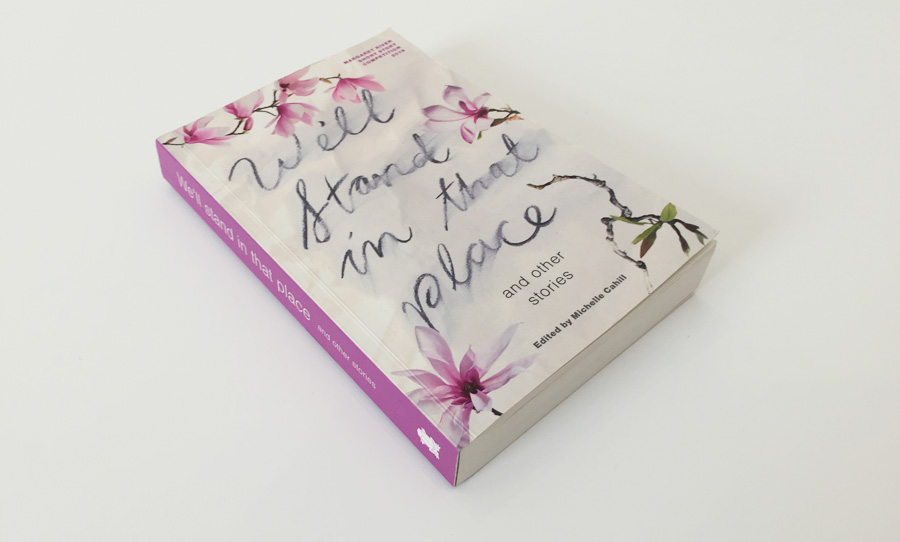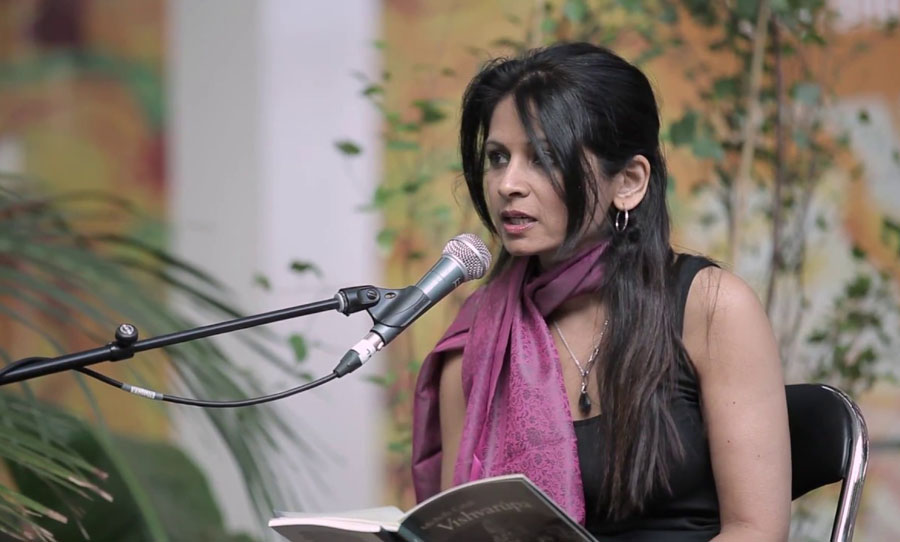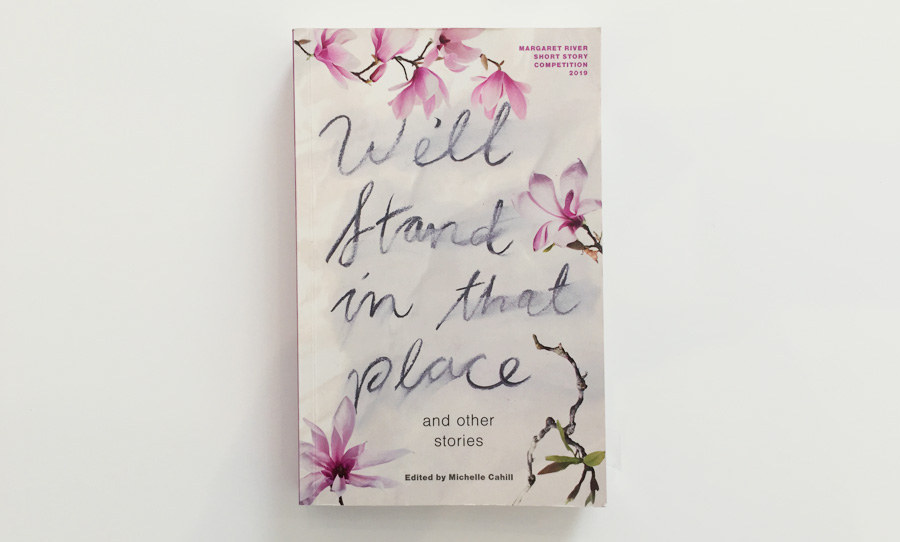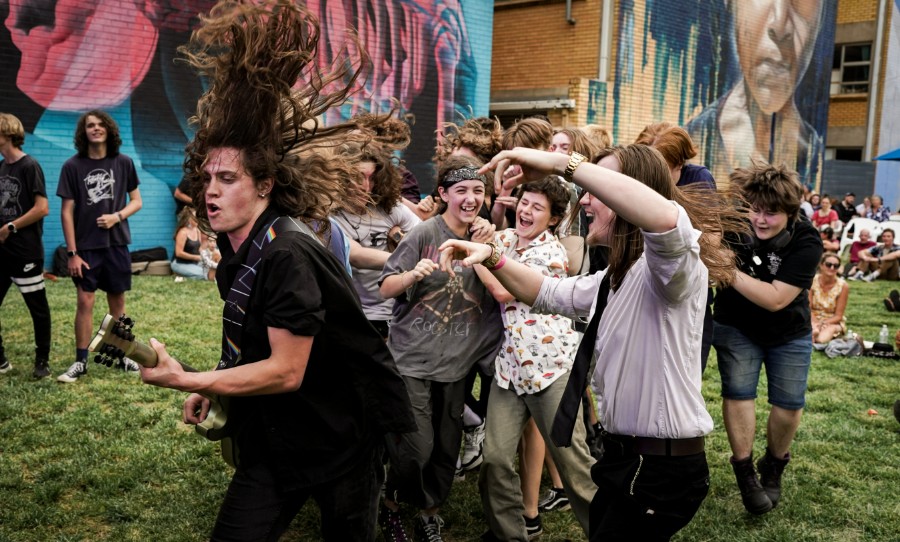The latest anthology of short stories from Margaret River Press is a stimulating reflection on modern anxieties and disparate associations with the 21st Century.
Whilst each tale remains traditional in style, various entries pertain to lyrical or slightly more experimental prose, allowing the body to avoid tedious consistency as 19 writers engage with various modern debates as a touchstone for succour.

Whether conventional or experimental in style, the work in Margaret River’s latest collection – We’ll Stand in that Place – is founded on fundamental themes of love, death and hope.
Julian Barnes once said:
“Poets seem to write more easily about love than prose writers. For a start, they own that flexible ‘I’… Then again poets seem able to turn bad love – selfish, shitty love – into good love poetry. Prose writers lack this power of admirable, dishonest transformation. We can only turn bad love into bad love. So we are envious (and slightly distrustful) when poets talk to us of love.”
So where does that leave the short story, somewhere in the middle or incapable of either?
Few of the entries in this series read more like prose poem. They embody the ability to carve, from loose sentences, fully fleshed characters, conflicts and denouements. These writers commit to entire worlds where dialogue matters exceedingly and each sentence carries weight. The blissful, lyrical brushstrokes are saved for the poet while textual intimacy and flourishing character arcs are reserved for the novelist.
Hemingway describes the art of the short story by the importance of revision and the vitality or editing:
“If you leave out important things or events that you know about, the story is strengthened. If you leave or skip something because you don’t know it, the story will be worthless. The rest of any story is how very good the stuff is that you, not your editors, omit.”
Of the 240 entries 19 made the cut, and thus, the quality of writing does not falter from cover to cover. Each entry unfolds with each sentence, another expression of modernity leaving few words to waste.

We’ll Stand In That Place and other short stories is an enthralling read and will (like all good literature) even teach us a little bit about ourselves. Titled after the intense and intriguing winning story by Kit Scriven, We’ll Stand In That Place is set on the scungy streets of St Kilda. Scriven employs vague, lyrical, surrealist imagery to weave riddles through his lines. It’s easy to miss Andy overdosing, or that Baby is a man. This tactful exposition on non-binary, and queer culture is what makes many of the writers both unique and expertly engaged with their topic.
The piece is filled with elegant, mental idiosyncrasies such as “Because smell is a handy way to endow a dream” and indeed the piece reads much like a dream. “You stuck it into Andy and he flowered. The needle, anything.” As the reader is given little clues so casually delivered as if to elude notice it becomes clear why Scriven is at the top. Scriven is a master of veiling, and revealing information taking after Hemingway yet wholly confident in his own style.
Thylacine by Catherine Noske is close contender for the crown. Telling the tale of dying marriage from the scope of a stay at home wife as she watches her palaeontologist husband on the news discovering a prominent thylacine fossil. With Noske does not express the lyrical tendencies of Scriven she connects with humanity, sorrow and creeping loss in an all too lifelike way:
“He opens his arms and she feels herself flow into them like water. The whole world shrinks into the sensation of his stubble against her forehead and the gentle earthiness of his smell. She fell in love with his smell before anything. She used to try and catch it on her clothes. They are calling it the Jameson fossil, he says, and adds unnecessarily: After me. I know, she whispers, you told me.”
The third person narration allows Noske to express the distance between the characters without diminishing the emotional impact of her denouements.
The Day The Rain Stopped Dancing by Rachel McEleney is perhaps the most creative entry, touching on two of today’s most prevalent world issues: veganism and climate change. Set in a world where a virulent GMO outbreak has decimated almost all of humanity, Lily is watching the news for updates and keeping her family safe. However, in a masterful example of plot layering, we see Lily is only talking to dolls and mannequins and she is alone watching a news broadcast on repeat. Her loneliness has driven her insane and reckless animal consumption has destroyed the world.
It’s another display of marvellous writing mingling with modern concerns and indeed there is no better way to sum up this volume or short stories.

While the writing may not reach the psychedelic, absurdity of Haruki Murakami, it never reaches the excessive bleariness of Tolstoy either. Thus the substance is strong and voyages from writhing adolescent sexual awakenings to broken marriages, ecological concerns and future dystopias. The result is stimulating and an exciting read for anyone interested in queer authors or trying their hand at the art of short stories.
We’ll Stand in that Place is available now via Margaret River Press.


